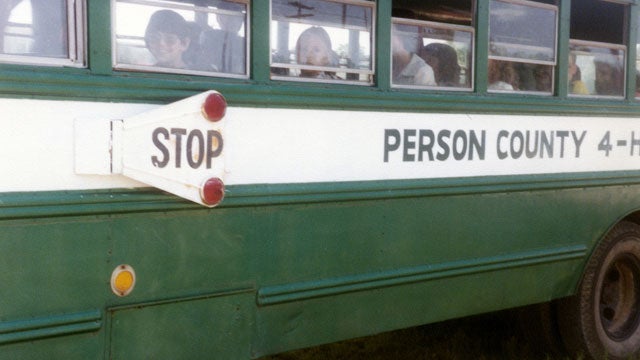“There’s a business opportunity here. I know it,” says Mike Knauf. The director of , a New York state summer camp that provides attendees with both serious experience in fine arts and performance and the occasional jolt of outdoor adrenaline, thinks some savvy entrepreneur could make big dollars by providing support services to mitigate the anxiety, grief, loneliness, and sundry freakouts brought on by sleepaway camp.
More Raising Rippers:
Katie Arnold and other columnists on family adventure and bringing up active children.He means for parents, not the campers themselves. They do fine.
“I have not yet seen a child who’s not equipped to do this,” Knauf says. If there are rough patches at camp, like, say, first-timers’ anxieties and homesickness, “the camper will have counselors and directors and activity leaders looking out for them,” not to mention mobs of other children and new ways to have fun.
Meanwhile, mom and dad got nothing. “And they’re no more prepared to deal than the child is,” Knauf says. As in all of parenting, when responsible grownups can’t deal, it’s their children who pay. And the poor kids, through no fault of their own, miss out on their chance to be happy campers.
Here are some basics about camp-family dynamics and how not to screw it all up, drawn from Knauf and other pros’ wisdom, as well as a bit of my own fatherly input.
Hands Off
On this the pros are 100 percent in agreement: Parental over-involvement, in its many forms, is the Number One Camp Fun Killer. “The only kids we’ve had who could not adjust to camp, are the ones whose parents interfered and wouldn’t stop interfering,” Knauf says. One of the great gifts of camp–learning to get along without Mom and Dad–means that Mom and Dad have to let go, of the child, the expensive sleepaway experience they paid for, and their ambitions for the child (breakthroughs in wilderness skills, sports, arts, academics, whatever). Camp belongs to the camper, not you. Let your progeny do with it what he or she may.
The Wrong Thing to Say
The child, likely a first timer, gets panicky as camp approaches. To soothe her or him, you say “If you’re not having fun, we’ll come and bring you home.” Wrong, wrong, wrong. “Of course there’s going to be a moment when she’s not having fun,” Knauf says, “But the last thing we want to teach is that when things get tough, you go home. No, when things get tough at camp, you get help from people there, try new things.” The guaranteed rescue also gives a child the wrong kind of control over parents, which is too tempting for some of them to ignore.
Keep Goodbyes Short and Sweet
Even if it’s killing you, don’t dramatize how it hurts to say goodbye to your baby, and how much you’ll miss him or her, how empty and quiet the house will be, nah, nah, nah. The idea that you feel so bad is no comfort to your child. In fact, it adds guilt to the emotional mix. The kid may actually feel bad about having so much fun when Mom’s at home grieving. Messages should be about how much you love your offspring, how great camp will be, how you can’t wait to hear about it and see all the new cool stuff learned there. Whatever you say, keep it short.
Don’t Gloat
Camp can leave you temporarily childless, free to do cool stuff you used to. By all means, take advantage of that. But don’t beat the kid up with the great times you’re going to have. The main fun event has to be camp. Otherwise the poor kid misses both you and what you’ll be doing, and may feel shunted aside, as if camp is more like a boarding kennel for youngsters. (Which, for some families, it unfortunately is.)
Don’t Change Too Much
Sure, changes can and will happen while Junior’s away, but don’t build them into the program. This is the wrong time to move into a new house, or even rearrange the old one in ways that drastically alter the kid’s personal space (You’ll have a whole brand new bedroom, honey!), give away the dog or–some troubled couples have actually done this–see if Mommy and Daddy can work things out. Reassure the child that, when it’s all over, the same old home will still be there.


